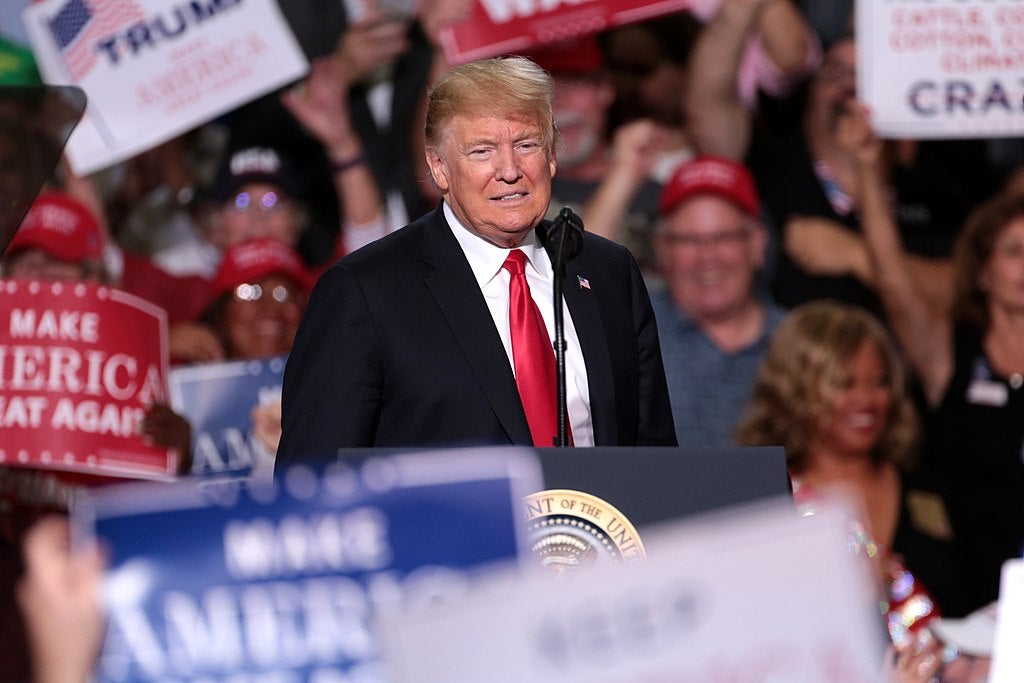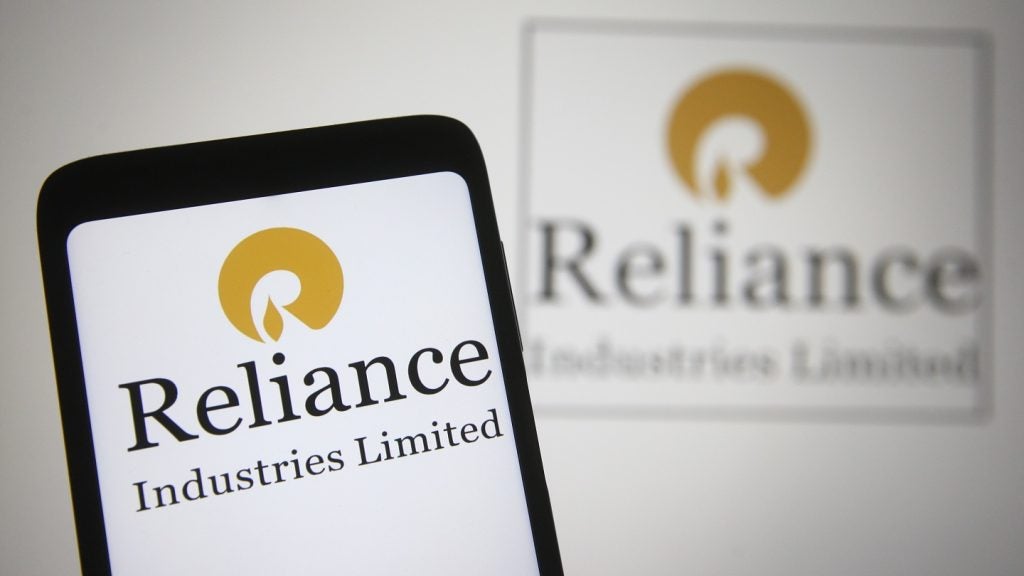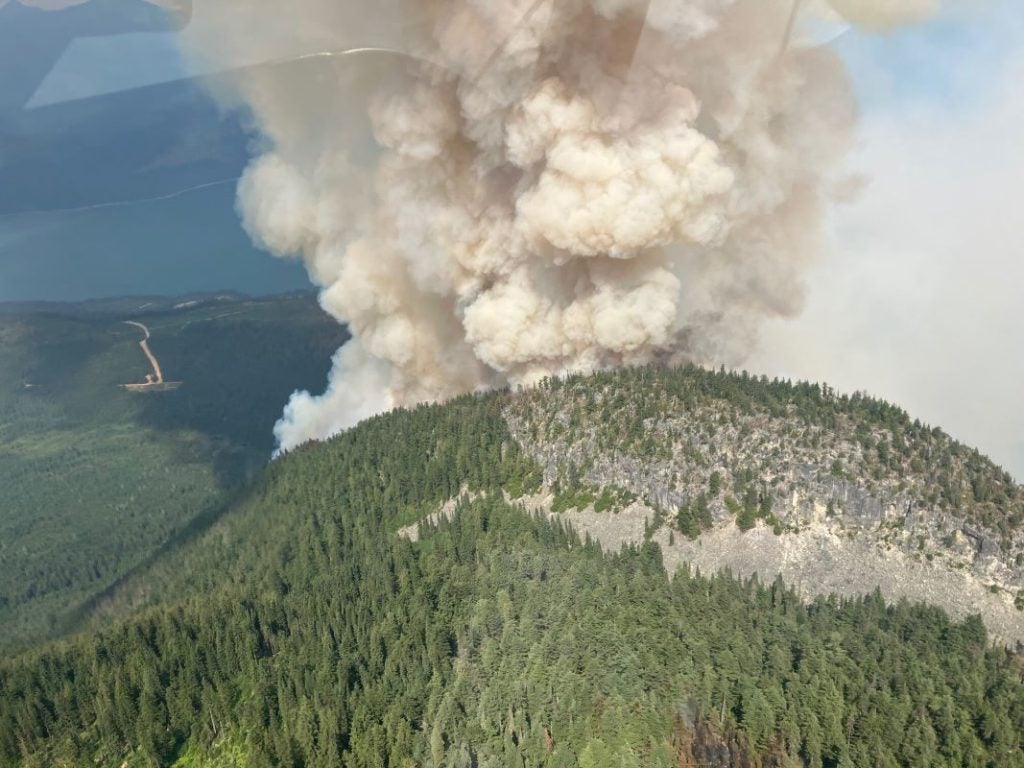
Along with change of climate objectives such as weakened rules to cut global warming causing carbon dioxide emissions from coal-fired power plants, and restricting coal companies from dumping debris in streams, some policy rollbacks directly influence the oil and gas industry.
From updated methane-flaring rules, and offshore drilling measures to obstructing the right of states to delay new projects, we cast a look at three notable offshore policy rollbacks.
Rescinding methane-flaring rules for pipelines
In August 2020, the US Environmental Protection Agency (EPA) finalised the amendment of the 2016 New Source Performance Standards, which regulate methane emissions from new and modified sources in the oil and gas industry.
A reversal of the established oil and gas methane pollution regulations was approved on 13 August 2020, in the latest move by the Trump administration to weaken a range of environmental regulations.
EPA Administrator Andrew Wheeler signed the new rule in Pittsburgh, in the state with the largest amount of shale gas resources in the US.
The new rule has been in the works for over a year and it eliminates federal requirements for oil and gas companies to monitor and repair methane leaks from pipelines, storage facilities, and wells.
How well do you really know your competitors?
Access the most comprehensive Company Profiles on the market, powered by GlobalData. Save hours of research. Gain competitive edge.

Thank you!
Your download email will arrive shortly
Not ready to buy yet? Download a free sample
We are confident about the unique quality of our Company Profiles. However, we want you to make the most beneficial decision for your business, so we offer a free sample that you can download by submitting the below form
By GlobalDataAs part of the new regulations, the EPA will still require leak monitoring but not directly for methane gas. The agency will continue to require oil and gas companies to observe and reduce smog-forming compounds at some wells and during processing, but not pipelines.
The administration said methane would now be regulated under the Clean Air Act like other volatile compounds, but the rules governing those smog-forming compounds are comparatively weak.
While methane dissipates quicker than carbon dioxide, it is estimated to be as much as 80 times more potent in terms of trapping heat in the atmosphere.
Opponents of the rule hope that it will be reversed if former Vice President Joe Biden becomes president.
Cancelling offshore drilling safety measures
In May 2019, the Trump Administration passed the rollback of Obama-era safety regulations for offshore drilling, which were put in place after the 2010 Deepwater Horizon explosion, the worst offshore oil spill in the US.
This change of policy came just after the ninth anniversary of the Deepwater disaster, which took the lives of 11 people and saw 4 million barrels of oil leak into the Gulf of Mexico over the course of more than 87 days.
Among the changes is reduced testing frequency of Blowout Preventor devices (BOPs) at the sea floor, aimed at keeping offshore oil and gas wells from “blowing out”, a sudden and uncontrollable release of crude oil.
The 2016 well-control and blowout preventer rule previously required real-time monitoring of operations and certification by third parties of emergency devices.
Such fault in the BOP mechanism was ultimately ruled to be the cause of the Macondo well explosion, with the preventors unable to stop the flow of high-pressure oil and gas from the well during the disaster on the Deepwater Horizon drilling rig. They failed to seal the well as a drill pipe buckled and prevented BOPs blind shear ram from sealing it.
The US Department of the Interior’s Bureau of Safety and Environmental Enforcement (BSEE) released the final improved Blowout Preventer Systems and Well Control regulations, which, according to a BSEE statement, “removes unnecessary regulatory burdens to responsible offshore development while maintaining safety and environmental protection”.
According to BSEE, the final revised rule leaves unchanged 274 out of the 342 original well control rule provisions. Sixty-eight provisions were identified as appropriate for revision, and 33 provisions were added to improve operations on the Outer Continental Shelf.
This change of policy is anticipated to save oil and gas operators approximately $1bn over ten years.
Preventing states blocking energy projects
In early 2019, an executive order from President Trump was issued to limit the ability of states to block energy projects, including oil and gas pipelines, under a provision of the US Clean Water Act.
The orders prompted the EPA to review and update guidance issued during the administration of President Obama on the 401 provision of the Clean Water Act, which earlier made it compulsory for companies to get certificates from states before building new pipelines and projects approved by the federal government.
In the past, states like New York and Washington have relied on the act to delay pipelines intended to carry natural gas and cancel coal export terminals due to various concerns.
This reversal was met with serious opposition, with New York Governor Andrew Cuomo claiming the orders were an “overreach of federal authority that undermines New York’s ability to protect water quality and environment”.
It is thought that the controversial amendment was put in place to reverse a previous lack of pipeline expansion in oil-producing regions, such as the Permian shale basin, and prevent challenges for oil and gas producers.







